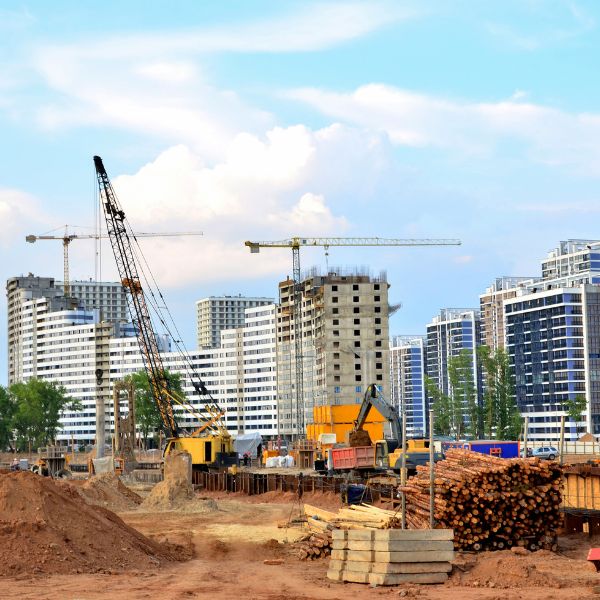
In an era where threats to safety and security are becoming increasingly sophisticated, physical security has emerged as a crucial component, particularly in construction projects. Given the substantial financial investments and valuable assets involved in construction, securing the site is paramount. This is where physical security consulting comes into play, providing expertise to help construction firms identify vulnerabilities and implement effective security measures.
Construction sites are often exposed to various security risks that can lead to significant financial loss, project delays, and potential legal liabilities. Some of the most common threats include:
1. Theft: Valuable materials, machinery, and tools are often left unattended, making construction sites prime targets for theft.
2. Vandalism: Graffiti, property damage, or equipment tampering can lead to costly repairs and project stoppages.
3. Trespassing: Unauthorized individuals can pose risks to themselves, workers, and the integrity of the project.
4. Accidents: With many activities happening simultaneously, physical security measures must ensure that unauthorized personnel are not harmed.
By leveraging physical security consulting, construction companies can mitigate these risks and create a safer working environment.
Physical security consulting involves a comprehensive assessment of a construction sites vulnerabilities and developing tailored strategies to bolster its defences. Here are some key components of physical security consulting for construction projects:
1. Site Assessment: Consultants conduct thorough evaluations of the construction site to identify vulnerabilities, such as poorly lit areas, unrestricted access points, and inadequate fencing.
2. Risk Analysis: By analyzing potential threats specific to the project at hand, consultants prioritize which risks need addressing and develop plans tailored to those threats.
3. Security System Design: Based on the site assessment and risk analysis, consultants design integrated physical security systems. This may include surveillance cameras, access control systems, alarms, and lighting.
4. Policy Development: Effective security doesn’t rely solely on technology; it also requires proper policies and procedures. Consultants help create clear guidelines for site access, worker identification, and incident response plans.
5. Training: It is critical to ensure that staff are aware of security protocols. Physical security consultants often train workers and supervisors on best practices and emergency response.
6. Ongoing Support: Security is an ongoing commitment. Consultants may offer
continuous monitoring services, regular security assessments, and updates to security protocols as the project evolves.
1. Access Control: Limit site access to authorized personnel only. This can be achieved by using ID badges, biometric scanners, or security personnel at entry points.
2. Surveillance: Invest in security cameras that provide real-time site monitoring. Ensure cameras are placed strategically to cover all critical areas, including entry points and material storage locations.
3. Perimeter Security: A robust fencing system combined with gates and barriers can deter unauthorized access and establish a secure perimeter around the site.
4. Illumination: Well-lit sites discourage criminal activities. Proper lighting in and around the construction site is vital, particularly after dark.
5. Inventory Management: Keep a meticulous inventory of materials and equipment to quickly identify any losses and track down stolen items.
6. Emergency Protocols: Develop and routinely practice emergency response protocols to ensure all workers know how to react in case of a security breach or incident.
Physical security consulting plays a critical role in safeguarding construction projects by addressing vulnerabilities, managing risks, and implementing effective security measures. With construction sites continuously evolving and facing an array of potential threats, consulting services provide the specialized knowledge necessary to protect valuable investments. By incorporating best practices in physical security, construction firms can ensure a safer workplace, protect their assets, and ultimately ensure project success. Investing in expert security consulting is not just a necessary expenditure but a strategic move that can foster long- term growth and stability in the construction industry.
Copyright © 2024 Interior Safety Network. All Rights Reserved. Website developed by MC Web Studio